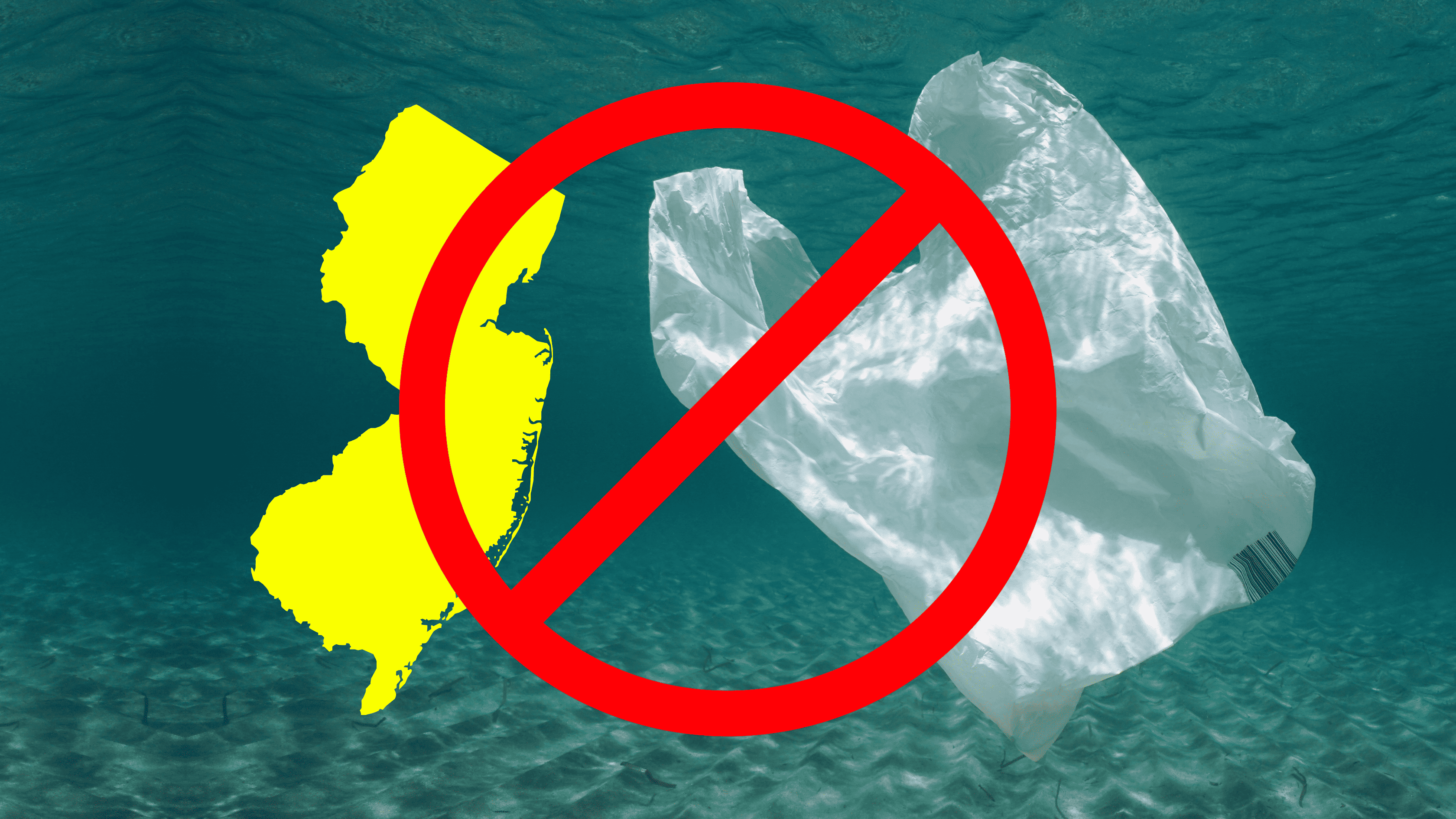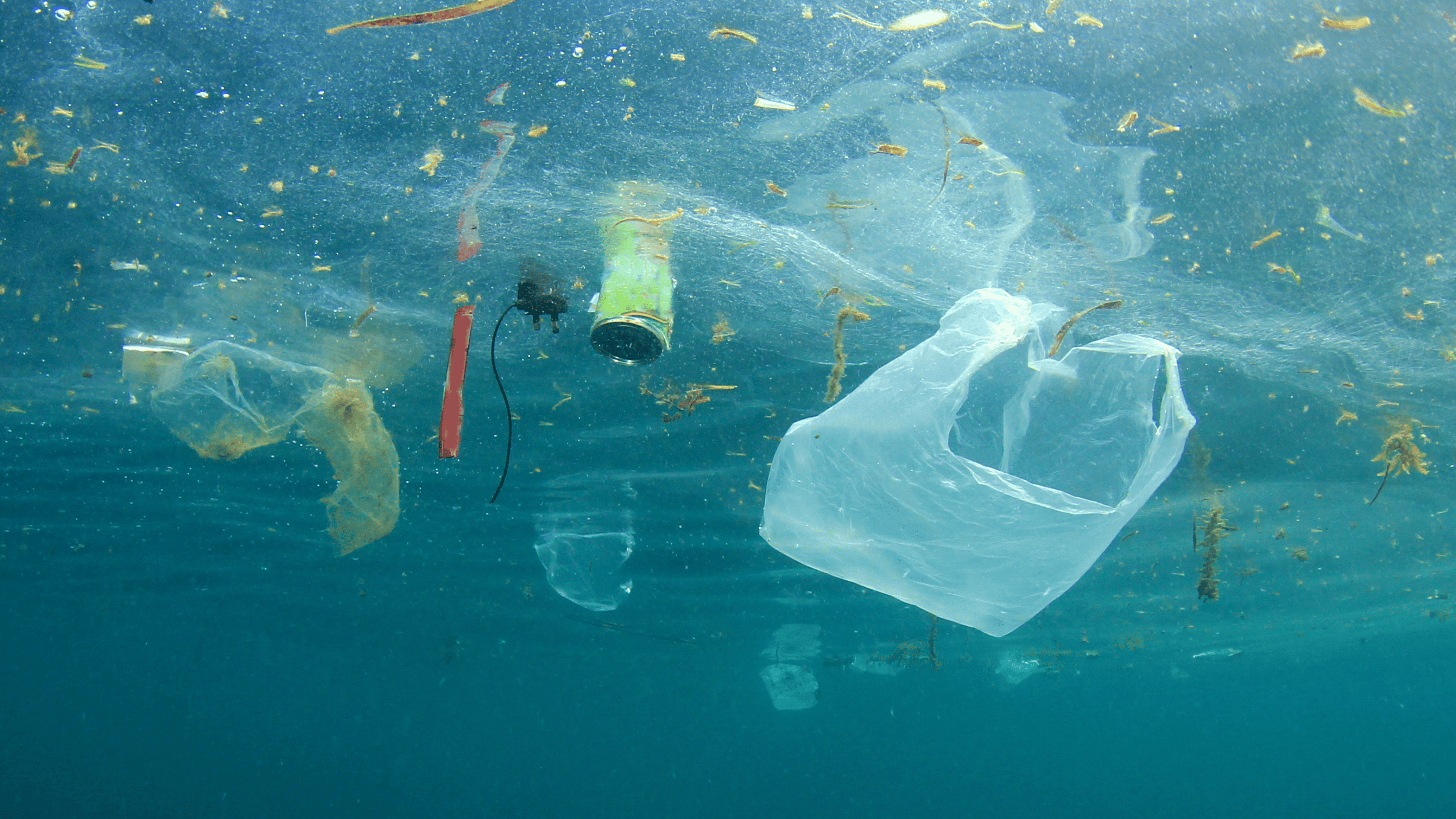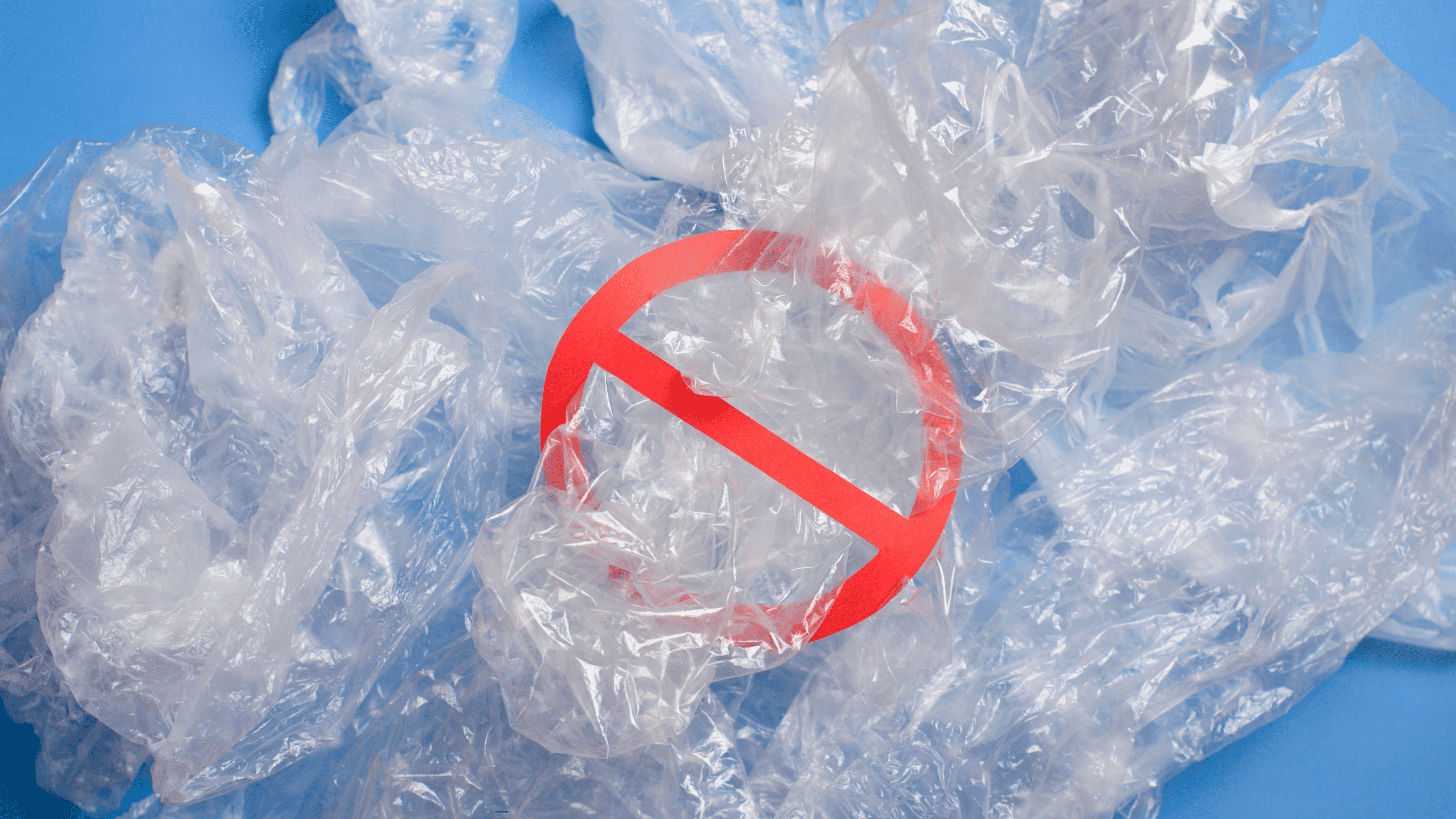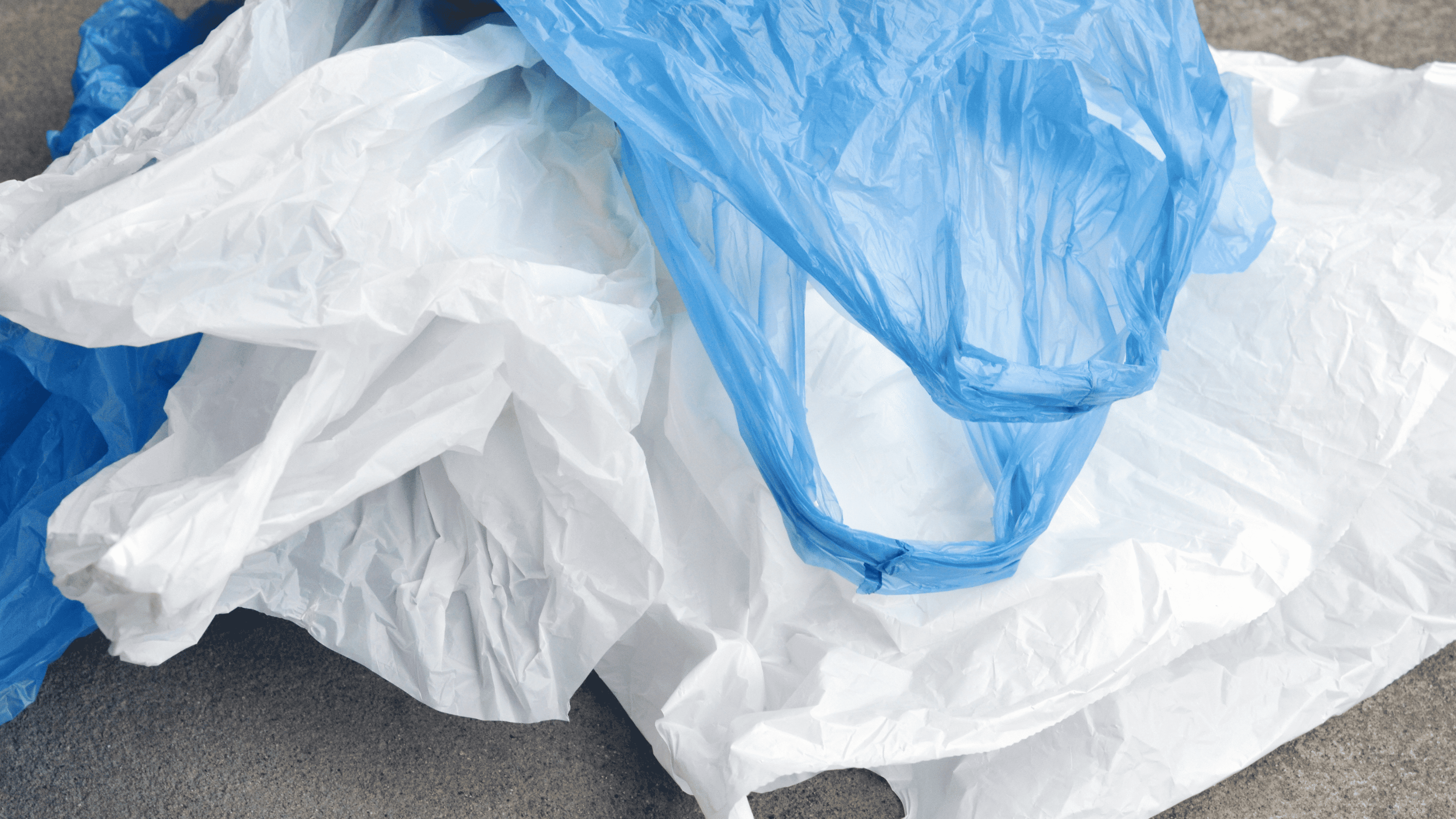New Jersey’s Plastic Bag Ban Failed
In a surprising turn of events, a recent study from a business research firm has unveiled that plastic consumption in New Jersey has tripled, defying the state’s 2022 plastic ban aimed at tackling the persistent issue of plastic pollution.
The research, conducted by the Freedonia Report, a division of MarketResearch.com, highlighted some unexpected consequences of the state’s efforts.

New Jersey’s Plastic Bag Ban Failed
The study indicates that the state’s initiative to ban single-use plastic bags did achieve a commendable 60% reduction in total bag volume. However, the flip side emerged as consumers, seeking alternatives, turned to purchasing plastic reusable bags.
This shift led to a threefold increase in plastic consumption, primarily attributed to the materials used in these alternative bags, as outlined in the report.
The majority of these alternative bags, the report points out, are crafted from non-woven polypropylene, a material that is not widely recycled in the United States and generally lacks post-consumer recycled materials.

New Jersey Governor Phil Murphy, championing the bill at the time of its enactment, expressed optimism that the measure would tackle New Jersey’s “most problematic forms of garbage” and contribute to the broader goal of climate change mitigation.
Despite retailers finding a lucrative business case in selling alternative bags for a profit, the surge in plastic consumption and the greenhouse gas emissions associated with alternative bag production has complicated their ability to promote these polypropylene alternatives.

This falls short of the recommended reuse rates necessary to offset the greenhouse gas emissions generated during production and address climate change concerns.
An in-depth cost analysis focused on New Jersey grocery retailers revealed that a typical store could net $200,000 in profit per location from the sales of alternative bags.

The study underscores the economic motivations behind the promotion of alternative bags, even as the environmental impact raises critical questions about the effectiveness of such measures in curbing plastic consumption and its associated consequences.
Did you purchase a re-useable bag in the past few years and have you used it at least 5-10 times? According to beyondplastics.org, depending on the kind of bag you purchased, you need to use that bag 5-20 times to offset greenhouse gas emissions.
When it comes to the Wildwood reusable bags that we produced, you only needed to reuse them 8 times before they offset the greenhouse gas emissions.
